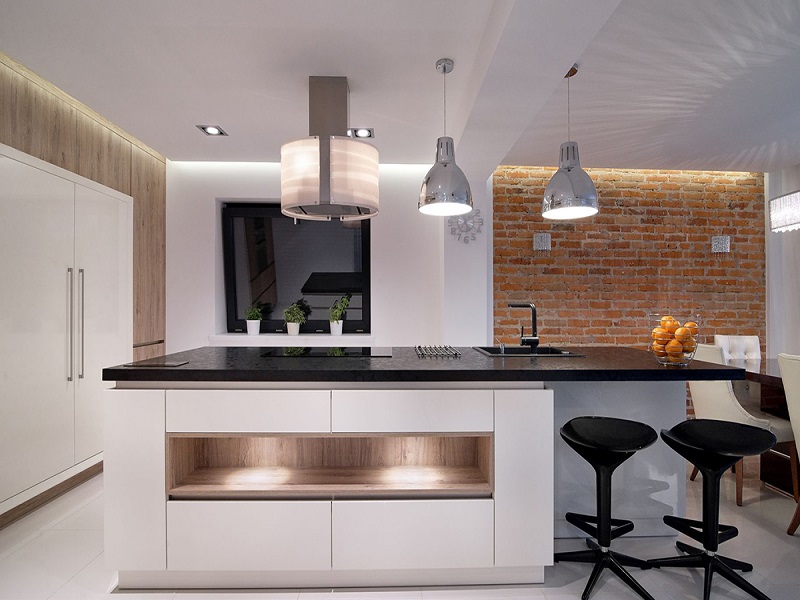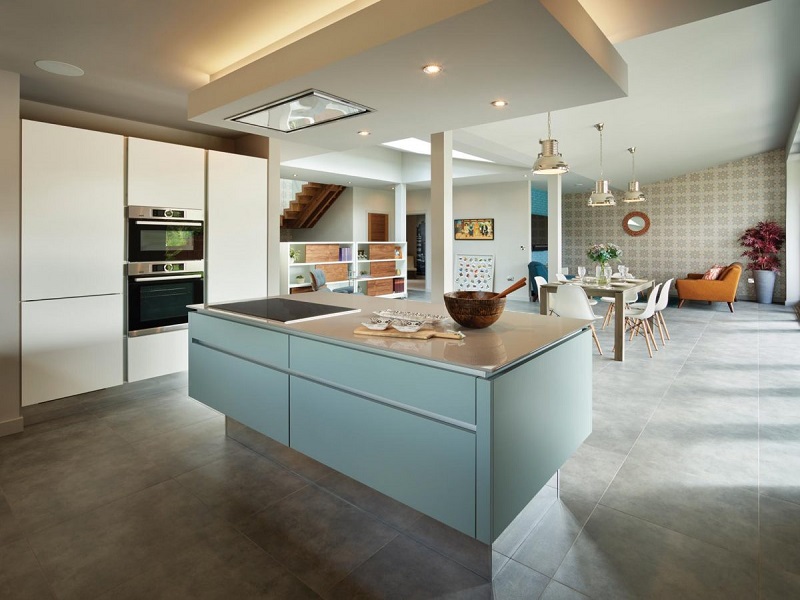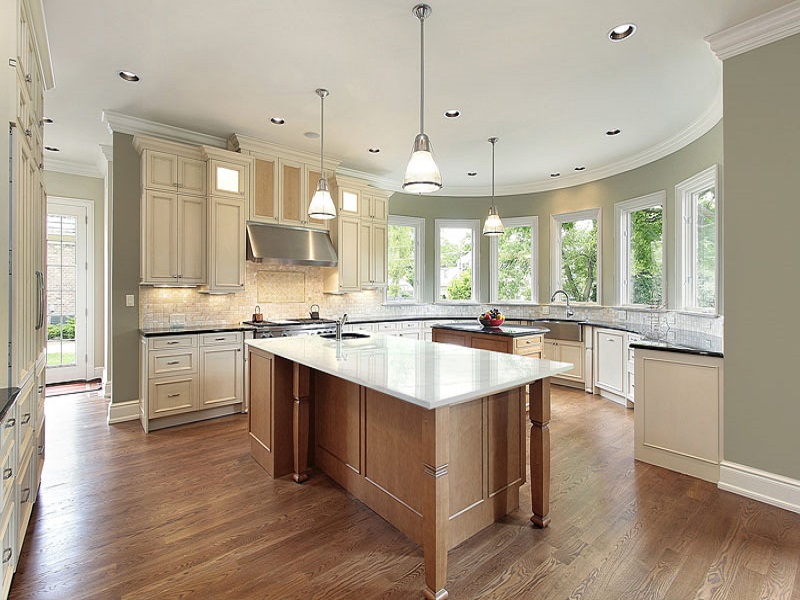DEKTON
What is Dekton? Dekton ultracompact surfaces are a sophisticated blend of the raw materials used to produce the very latest glass and porcelain with the highest quality quartz work surfaces. Dekton employs exclusive Sinterized Particle Technology, a high tech process which represents an accelerated version of the metamorphic change that natural stone undergoes when subjected to high temperatures and pressure over thousands of years.



FEATURES OF DEKTON
♦ High UV Resistance
Dekton is highly resistant to ultraviolet (UV) light and will not fade or degrade over time, making it perfect for both indoor and outdoor applications.
♦ High Scratch Resistance
Dekton is the most scratch resistant surface on the market. While a slip of a knife won’t damage Dekton, cutting boards are still recommended to protect your household utensils.
♦ Resistant to Stains
While other surfaces are stain resistant, Dekton is completely Stain-Proof. Even the most stubborn stains like wine, coffee, markers and rust can easily be removed from the surface. Since Dekton has extremely low porosity and contains no resins, it is chemical resistant. Even drips or splashes from common household chemicals like bleach, drain cleaners or oven degreasers won’t harm Dekton.
♦ High Resistance to Fire and Heat
Dekton withstands high temperatures without burning, scorching or cracking. Hot pots and appliances like crock pots can be placed directly on the surface with no worry of damage.
♦ Resistant to Abrasion
Dekton is even more resistant to abrasion than granite, making it the ideal surface for commercial applications and high traffic areas such as flooring. While other surfaces show wear over time, Dekton’s finish will last for the lifetime of the product and never needs to be re-surfaced or re-finished.
♦ Resistant to Ice Thawing
Dekton’s low coefficient of thermal expansion makes it thermal shock proof from both extreme heat and extreme cold. Its natural resistance to ice and thawing makes it perfect for use in even the coldest environments.
♦ High Mechanical Resistance
With over 5 times the flexural strength of granite, Dekton can be installed in thinner material over greater spans, allowing for up to a 12-inch unsupported overhang on worktops, islands and bartops. Dekton’s high compressive strength makes it an ideal material for walkways, pavers or driveways.
♦ Non-porous
Dekton is non-porous and never needs to be sealed. It naturally prevents liquids and gasses from penetrating the surface making it a low maintenance surface that is easier to clean.
♦ Color Stability
The manufacturing process used to make Dekton allows us control over the pigmentation and decoration of the material. This gives it better color consistency from slab to slab and resulting in a long lasting product that will not fade over time. The surface you install today will maintain the same new appearance for the life of the product.
♦ Dimensional Stability
Dekton is very consistent in both dimension and thickness throughout slab which minimizes the need for field corrections and allows for easy installation.
♦Resistant to Hydrolysis
Dekton is highly resistant to hydrolysis, which is the reaction caused by water.
♦Noncombustible material
Dekton is a noncombustible material and withstands high temperatures without burning, scorching or cracking.
FAQ ABOUT DEKTON
1. What is ultracompact surface?
Ultracompact surface is a completely new countertop surface that is made by putting the raw materials found in glass, porcelain, and quartz, under extreme heat and pressure to create an almost indestructible material.
2. Is Dekton heat resistant?
Due to the nature of the material, Dekton is able to withstand high temperatures without burning or cracking. Hot pots and appliances can be placed directly on the surface leaving no burn marks on the surface.
3. What is the range of thickness and size of Dekton?
Dekton is offered in slabs of varying thicknesses (8mm, 12mm, 20mm, 30mm) that can be adapted to your design based on the application and the desired effect. It is also offered in large-format slabs (3200 mm long x 1440 mm wide) that open up avenues of design that had previously been unthinkable.
4. What is the sintering process?
Sintering is the process of compacting and forming a solid mass of material by heat or pressure without melting it to the point of liquefaction. Sintering happens naturally in mineral deposits or as a manufacturing process used with metals, ceramics, plastics, and other materials.